O n the paved shores of the Harlem Meer (one of six ponds in the citys park system which the State Department of Environmental Conservationin cooperation with the New York City Parks Department, the New York City Department of the Aging, and the New York State Sea Grantstocked with bullhead catfish on June 27 as part of an urban fishing program designed to stimulate city dwellers interest in fishing and the outdoors), on a weekday afternoon in July:
Gregory, how much worm should I use?
What you got there is enough, Andrew. Bet with your head, not over it.
Across the pond, a man standing under the trees started playing a three-note progression on the trumpet over and over again, holding each note a long time.
A boy pulled up a white tube sock with a yellow stripe and a blue stripe which had been dangling in the water, and something scuttled off it.
Look, Gregory! Look at the lobster!
That aint no lobster, fool, thats a crayfish. Throw him back. Throw him back to his mama.
An empty can of Sunkist orange (the new soft drink introduced a couple of months ago) came drifting by
Did you pass this year?
Yeah, man, course I passed.
Across the pond, the man with the trumpet started playing each note in the three-note progression four times and in such a way as to hit it differently each time.
A plastic terrestrial globe came floating by, with just Antarctica above the waterline.
We had a nice fish, but some people took it.
The arm of a Negro doll came floating by.
Oh, man, my lines stuck. I have got to get it off. I have got to get it off.
Pull on it, Derek.
I dont get my line off, I cant get back in my house. I got my keys on there for a sinker.
The line came free, revealing a set of keys on an I

NY key ring from a savings bank.
The man with the trumpet started playing I Get a Kick Out of You.
An empty bag of Wise onion-garlic potato chips came floating by.
Two girls with their hair in cornrows took a look at four catfish in a yellow plastic bucket. These boys should let the fish go, one girl said.
Are you kidding? Those fish could die out in that water, the other girl said.
(1978)
A t the Seventy-ninth Street Boat Basin in New York City, on Labor Day, about fifty people are fishing in the Hudson River. There is no shore, no beachthere is a walkway paved with asphalt, a railing, and a concrete drop into the dark-olive water.
A little boy sitting on a plastic tricycle in the tunnel leading to the Boat Basinthe tunnel under the West Side Highwaysees a motorboat go by in the part of the river framed by the tunnel mouth. Look at that fas-movin object! he says.
One of the fishermen starts to reel in quickly. His rod is bent. When he pulls his line over the railing, it looks as if he has a giant hook on the end of his line. It is an eel that has kind of seized in that position for a moment. The eel starts to wiggle and flop so wildly that its body describes a blurry sphere. The fisherman yells in Spanish, and then slaps the eel down on the pavement with a full overhead motion of his fishing rod. He starts to kick the still-squirming eel along the pavement. He kicks it quite a distance.
A man who lives off the very rich garbage containers outsidethe fenced-off dock for the biggest yachts decides to throw away his belongings, which he carries in two black Hefty bags. He throws the bags into the river, but they dont float very far away. Then he holds up his hand to stop some people who are walking by, and taking a lightbulb from an inner coat pocket, he also throws that into the river, much farther than the bags. He looks at the people, winks, and puts his finger to his lips.
Another of the fishermen finishes a Kool cigarette and tosses it into a yellow bucket at his feet. In the bucket, along with a few other Kool butts turning brown in auras of brown stain, are two striped bass, both over twenty inches.
Farther upriver, but still within New York City limits, a hundred and fifty or two hundred people are fishing along the shore from Spuyten Duyvil, where the Harlem River empties into the Hudson, up to the Refined Sugars and Syrups Company plant, at the boundary of Riverdale. Along this section of river there are neighborhoods of fishermen: from the point where the Harlem and the Hudson meet to about a quarter mile upstream are black fishermen and fisherwomen and their families; beyond that, farther upstream, the fishermen and fisherwomen are mostly Spanish-speaking; and beyond that, they are mostly Japanese. The Harlem River for the few hundred yards downstream from the Spuyten Duyvil railroad station to the Hudson is a mixed neighborhood, with some whites, some Puerto Ricans, and some blacks. Amtrak passenger and freight trains, to and from New York, and Conrail commuter trains run on tracks within forty feet of the waters edge. Along the tracks are third rails with thewarning Danger 700 Volts on them. Between the tracks are white pieces of paper with the heading Message to Our Commuters blowing around, and a copy of Tennis USA magazine with Bjrn Borg on the cover and ads about how to work your way through college by playing tennis on the inside.
Big rocks put there by the railroad are along the shore. In the Spanish-speaking section of riverfront, two men and a woman are sitting on the rocks. One of the men has no shirt on, and the other man is wearing a gray shirt with flowers so pink that they attract bees. Bees are actually buzzing around him, but he does not notice. The woman is reading an article in a magazine. The title of the article is Billy Martin en la Despedida: Soy un Yankee Ahora y Siempre. The two men are fishing with eight-foot surf-casting rods, using sandworms for bait. One of the men snags a sandworm out of the bait carton with a plastic comb, and then he uses the comb to cut the sandworm in half on the rock. There are flashes of white in the river some distance out, and the other man jumps up and shouts, Una mancha! Una mancha! The man who was baiting up quickly casts to where the other man pointed. The English translation of una mancha is a spot or a stain, but it can also mean a birthmark, a rash, or any kind of surface disturbance. People shout it along this section of river when they see striped bass chasing baitfish.
A Puerto Rican family crosses the railroad tracks: a man, his wife, his brother, his sister-in-law, her nephew, and two babies in strollers. The men are carrying rods, bait, tackle boxes, folding chairs, a cooler, and a plastic bucket with ice and eight-ounce party bottles of Miller beer. The women are pushing the strollers, lifting each carefully over the live rail. The older man is the premier fisherman of his family. He wears afloppy hat thats L.L. Beanstyle, only flashier. He baits up, has a couple of beers, catches a fifteen-inch striper, and says, I should throw him back. Its not legal to keep stripers under sixteen inches, but he was hooked so deep, hed die. I wont throw him in the bucketjust leave him on the ground next to it. That way, if the game warden comes, Ill just say, Dont ask meits not my fish. Somebody leave the fish laying there. The game warden comes down here sometimes. Man in khaki pants and shirt. Sometimes he waits up in the parking lot on the other side of the tracks to catch people leaving with fish. Fifty-dollar fine if he catch you.

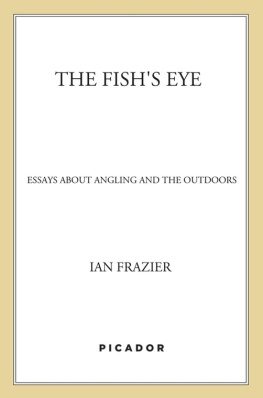

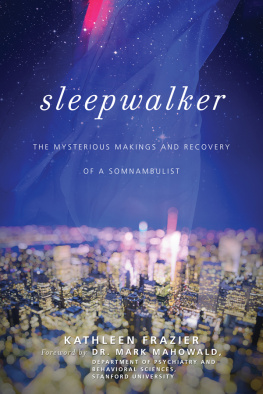
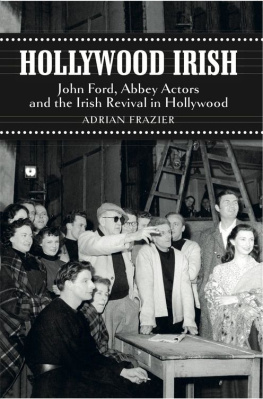
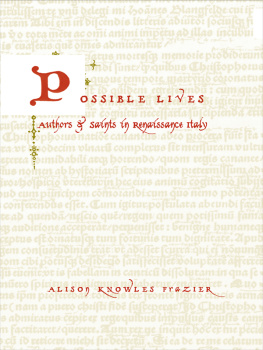
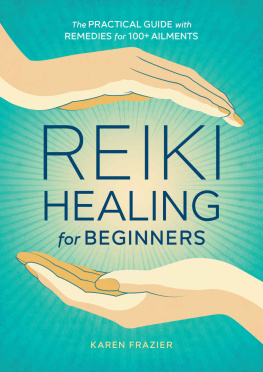

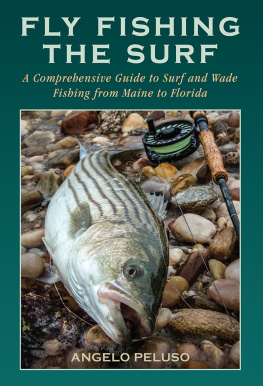
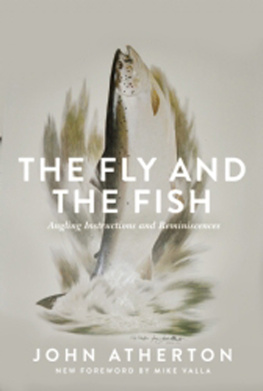
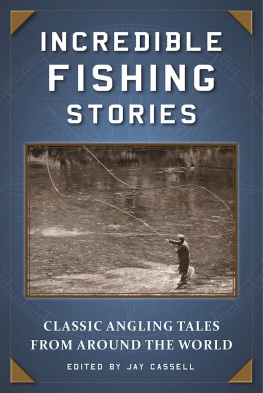
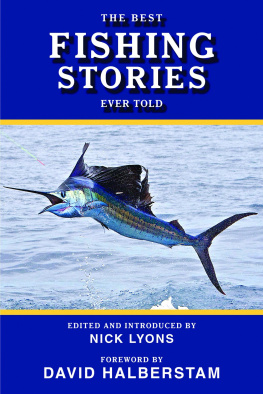
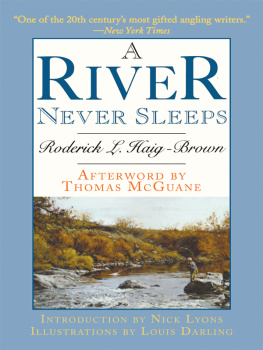
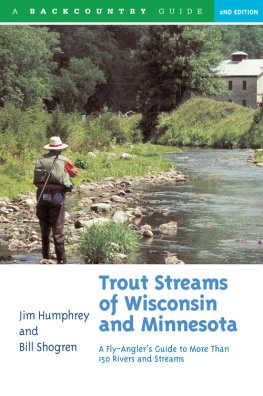
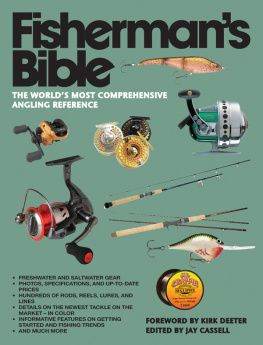
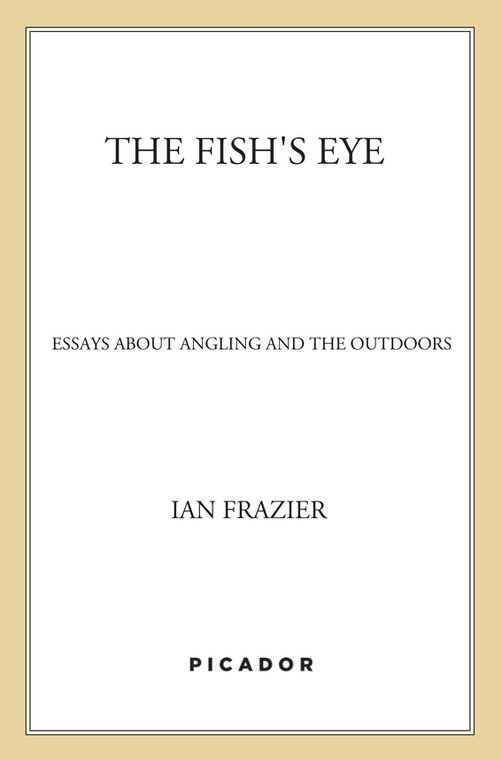
 NY key ring from a savings bank.
NY key ring from a savings bank.